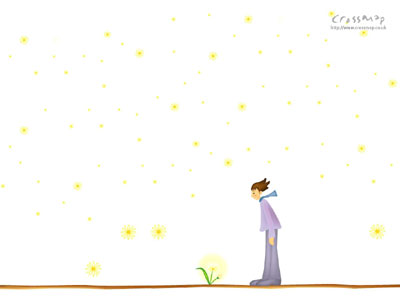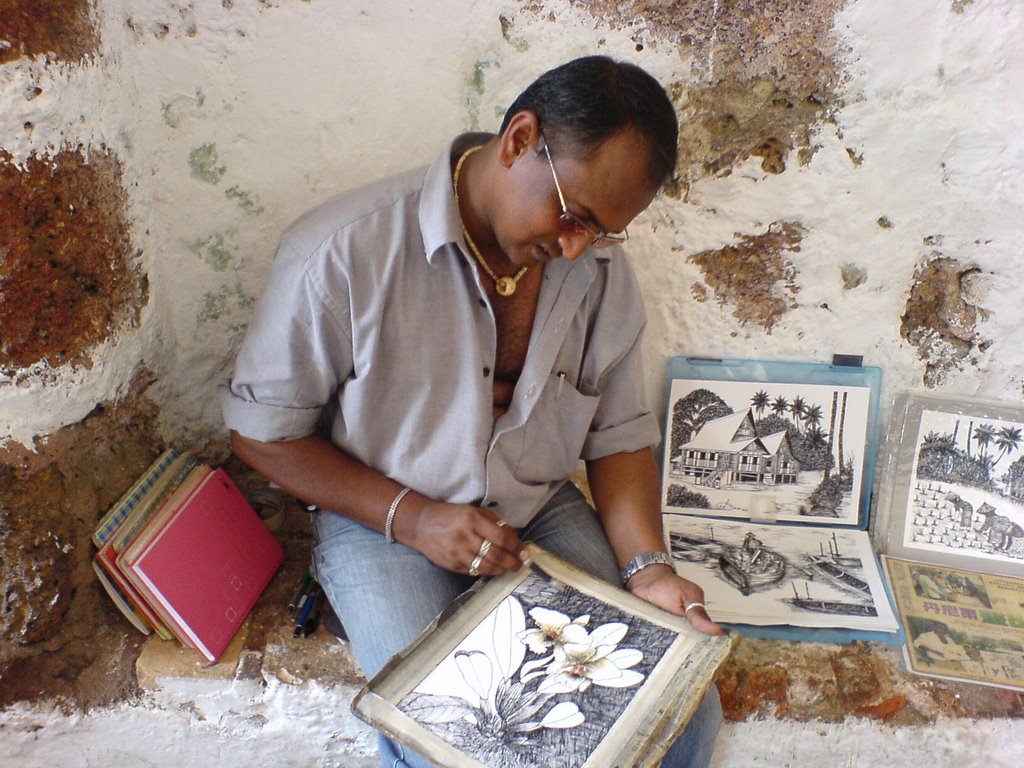
Again he said, "What shall we say the
I dusted Dr Peter Toon’s slender book God’s Kingdom for Today off my shelves and read it as preparation for a message on parables of the
1. Everyone’s person and property are to be secure.
2. Everyone is to receive the fruit of his labours.
3. Everyone is to be secure against slander and false accusation.
4. Everyone is to have free access to courts and is to be afforded a fair trial.
5. Everyone is to share in the fruit of the ground.
6. Everyone, down to the humblest menial and the resident alien, is to share in the weekly rest of God’s Sabbath.
7. Every Israelite’s dignity and right is to be honoured and safeguarded.
8. Every Israelite’s inheritance in the promised land is to be secure.
9. No woman is to be taken advantage of within her subordinate status in society.
10. No one, however impoverished or powerless, is to be oppressed or exploited.
11. No one shall be above the law, not even the king.
12. Every person’s God-given place in the social organism is to be honoured.
13. Punishment for wrongdoing shall not be so great that the culprit is dehumanised.
14. Concern for the welfare of other creatures is to be extended to the animal world.
How all these translate into social action is something to reflect upon, but I felt its message was as pertinent today as when it was first issued. Point 9 may rankle a few people, but the Torah does claim to be God’s word to God’s chosen people, for all time. Beyond the culture debate, the whole notion of a God (Yahweh) who enters into covenant relationship with a people to found a new society predicated upon “historical experience and moral decision” (John Bright) appears to have had no precedence in history. That set
"What other nation is so great as to have their gods near them the way the LORD our God is near us whenever we pray to him? And what other nation is so great as to have such righteous decrees and laws as this body of laws I am setting before you today?" (Deut 4: 7,8)


